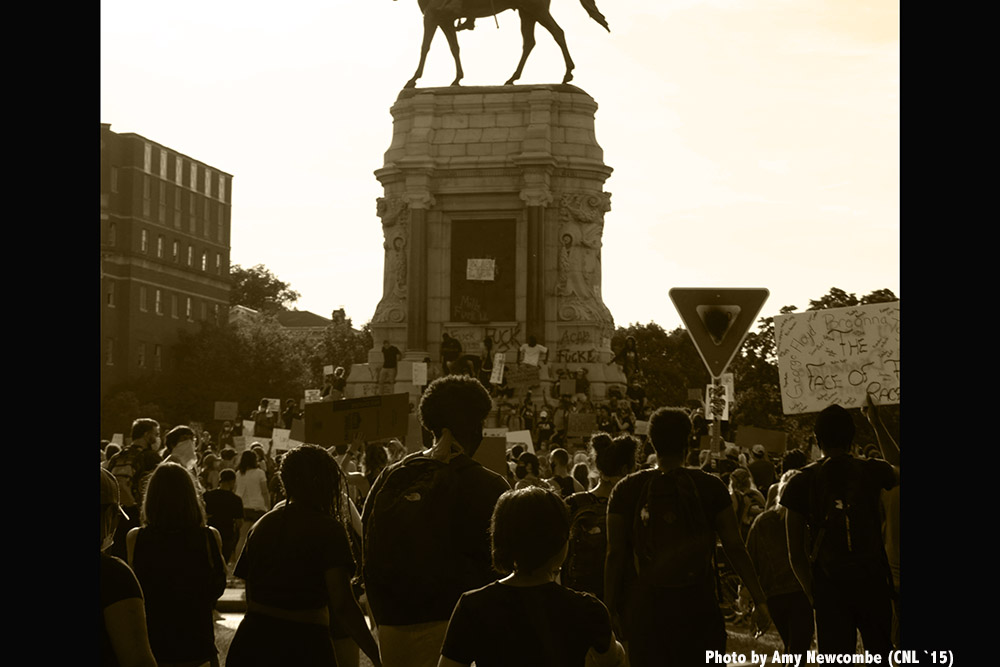
Our Tipping Point
At what point do we reach a tipping point - a point from which there is no return to the way things have always been?
Could it be the excruciating 8 minutes and 46 seconds that it took for George Floyd’s life to drain from him as police officer Derek Chauvin knelt on his neck while Mr. Floyd pleaded, “I can’t breathe”?
"Will we have the courage to go deeper—to go beyond our compassion and good intentions to sustained and meaningful action? To go beyond attending trainings to rolling up our sleeves and, yes, being willing to be uncomfortable?
Susan Kools, associate dean for diversity and inclusion
Could it be that Mr. Floyd’s death happened in the context of a surging pandemic in which black and brown people are much more likely to suffer and die of COVID-19 than white people? Systemic racism is at the root of both of these life-limiting circumstances. Until we understand and actively address systemic racism, we are destined to return to the way things have always been.
For five years now, we have been actively engaged in IDEA—our Inclusion, Diversity and Excellence Achievement Initiative. While we have made some significant gains, in some ways, we have only begun to scratch the surface. We have not gotten to the root of the systemic racism that finds its way into our classrooms and clinical practice sites.
Students tell us that we often miss opportunities to address racism or other forms of bias in the classroom—that we shy away from having difficult dialogues by staying silent and moving on. Students tell us that they feel unprepared to address racism and acts of discrimination when they occur at UVA Health and other clinical settings. Students tell us they are eager to learn how to care for people across the human spectrum but are not satisfied with stereotyping or gaps in our curricula. And not every student feels the sense of belonging that they need to thrive in our learning community.
What will we do?
We are inspired by working groups of students, faculty and staff who have mobilized this summer to develop priorities and actions for the coming year. We are inspired by instructional designer Kevin Tressler and assistant dean Abby Self who have woven inclusive principles and practices into faculty trainings for online teaching.
We are inspired by BSN director and assistant professor Tomeka Dowling who will lead efforts to integrate curricular threads related to health equity and social justice across the BSN curriculum.
We are inspired by faculty who have had made brave spaces in their classes to tackle topics of racism and privilege head-on, in courses on ethics, health policy, and clinical management.
We have launched an anti-racism study group of nearly 90 people that will read and learn together throughout the year. And, a second cohort of 20 faculty and staff leaders will begin the intensive 10-week Racial Equity Institute delivered by University of Southern California’s Center for Race and Equity in just a few months.
We are at a tipping point. We are at a moment with much at stake. Will we have the courage to go deeper—to go beyond our compassion and good intentions to sustained and meaningful action? To go beyond attending trainings to rolling up our sleeves and, yes, being willing to be uncomfortable? To go to the root of the systemic racism that finds its way into our daily lives?
I think we are ready seize this moment. Our students and the patients we prepare them to serve deserve no less.
---
Susan Kools, the Madge M. Jones Professor of Nursing, has been the associate dean for diversity and inclusion at UVA School of Nursing since 2014 and is an award-winning teacher, advocate, and scientist.
